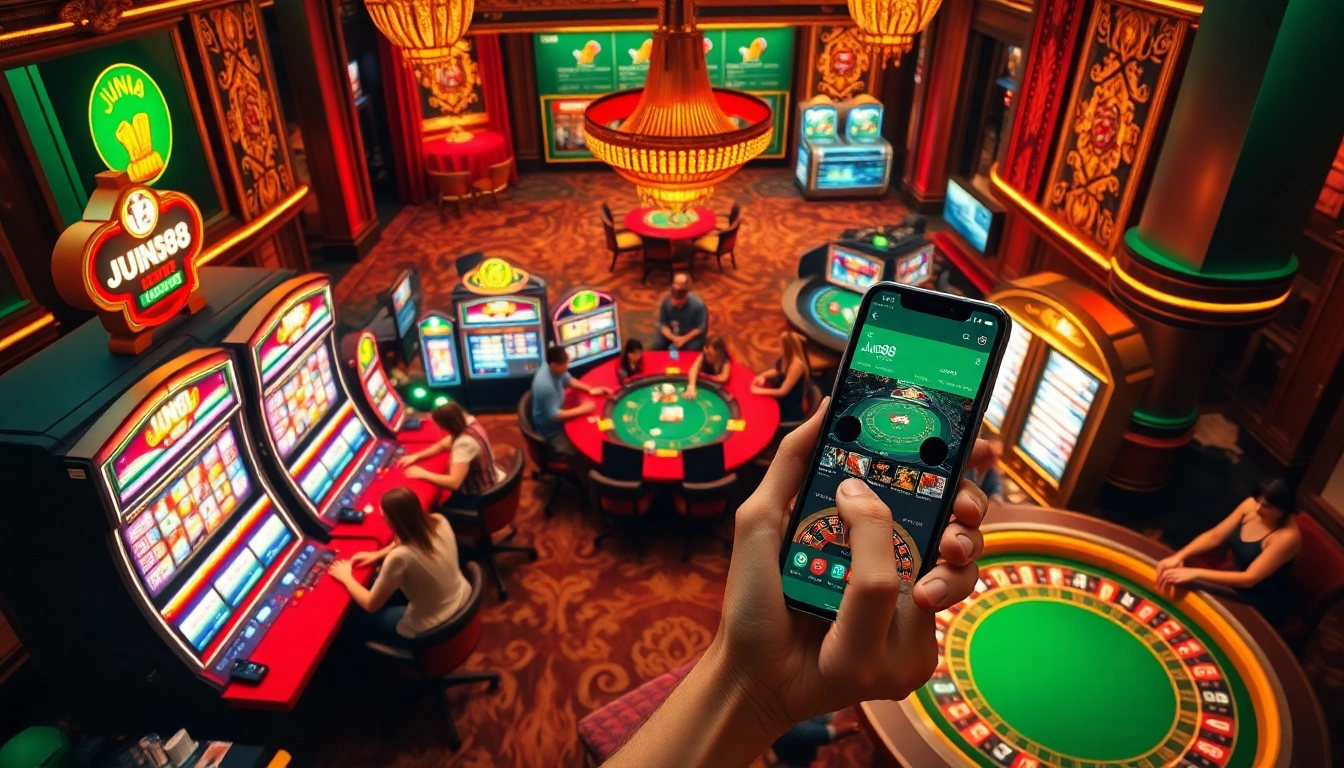This realm of online gaming has experienced a remarkable transformation over the past two decades, especially in the sphere of poker and casino experiences. What once demanded a trip to a brick-and-mortar casino can now be accessed from the comfort of your home, resulting in it easier than ever for fans to participate in their favorite betting activities. The surge of internet technology has not only broadened access but has also brought in new features that enhance gameplay and user experience.
In this digital landscape, the game of poker shines as a game that has truly adapted and evolved. Players from all parts of the globe can connect and compete, experiencing the thrill of high-stakes games or informal matches at any time. Additionally, the integration of slots and various betting options has enriched the online casino atmosphere, offering a diverse array of entertainment that attracts both seasoned gamblers and beginners alike. As the online gaming industry continues to grow, it remains poised to reshape how we perceive and engage with traditional casino experiences.
The Growth of Digital Poker
The development of poker has taken a notable turn with the introduction of virtual gaming. Once restricted to brick-and-mortar poker rooms and casinos, the game has now changed into a global phenomenon available to millions of players from the convenience of their own homes. The initial 2000s marked a key moment when platforms began to emerge, allowing players to partake in live gameplay against competitors from around the world. This reach not only democratized poker but also significantly widened its player base.
As players turned to virtual poker, the range of games and betting options increased dramatically. From Texas Hold ’em to Omaha, digital platforms provided numerous variants that catered to different likings and skill levels. The addition of innovative features, such as multi-tabling and live dealer options, has further upgraded the experience, making it allowable for players to join in several games simultaneously or enjoy a true-to-life casino atmosphere without exiting their home.
The rise of virtual poker has also led to major changes in the tactics and mental aspect of the game. Players can now access a wealth of resources online, including instructional content, forums, and software tools designed to assess gameplay. https://debet.promo/ has led to a more challenging environment, where knowledge and strategy have become as vital as luck. As the virtual gaming landscape continues to evolve, poker remains at the forefront of innovation, enticing new players and retaining seasoned veterans alike.
Impact of Technology on Gameplay
The advancement of technology has profoundly altered the landscape of online gaming, particularly in the areas of poker, casinos, and slot machines. At first, poker websites offered basic interfaces and limited interactivity. However, developments in tech have led to enhanced user experiences, allowing users to engage with colorful visuals, seamless transitions, and engaging audio experiences. These improvements have not only drawn more gamers but also elevated the degree of engagement and excitement, making internet gaming more inviting than before.
In addition, the arrival of mobile technology has revolutionized how gamers use and enjoy their favorite titles. With smartphones and tablets being everywhere, players can now participate in poker tables or play slot machines from anywhere at all times. This convenience has led to a surge in involvement, as gamers can easily integrate playtime into their packed lives. Additionally, mobile gaming applications have been optimized for efficiency, ensuring smooth gameplay and instant reaction times, which enhances player satisfaction and loyalty.
In addition, advanced technologies such as artificial intelligence and VR are starting to reshape online gaming experiences. Artificial intelligence boosts gameplay by providing tailored suggestions and smarter opponents in poker games. Meanwhile, VR allows players to engage in a authentic casino setting from the coziness of their homes. These developments create a livelier and vibrant environment, making internet betting and gaming experiences feel realistic and exciting. As technology advances, the future of online gaming looks hopeful, with limitless opportunities for additional advancements and development.
A Outlook of Digital Betting
The online betting landscape is set for major transformation as technology continues to advance. Advances in AI and machine learning are likely to boost user interactions, enabling for more tailored betting strategies and enhanced predictions. As these technologies assess player behavior and trends, they will promote engagement through tailored betting options that cater to individual needs. This shift not only enhances user satisfaction but also reinforces the relationship between players and the online casino experience.
Furthermore, the combination of virtual reality and AR into online gaming is ready to change how players interact with casino environments. Imagine walking into a digital casino, connecting with other players and dealers in actual time while making bets or playing slots. Such captivating experiences could draw a wider audience, making online betting more inviting to those who seek the excitement of physical casinos without departing their homes. This integration will probably drive innovation in game design and community features, providing a fresh take on the online gaming sector.
As guidelines around online gambling continue to adapt globally, the future of betting will also rely on conformity and responsible gaming practices. Operators will need to focus on the safety of their players while remaining transparent in their operations. With growing concerns about gambling addiction, initiatives aimed at fostering responsible betting are essential. As the industry grows, teaching players and providing essential tools to regulate their gaming habits will be important for sustaining long-term growth and keeping trust among users in the digital gaming landscape.


Leave a Reply